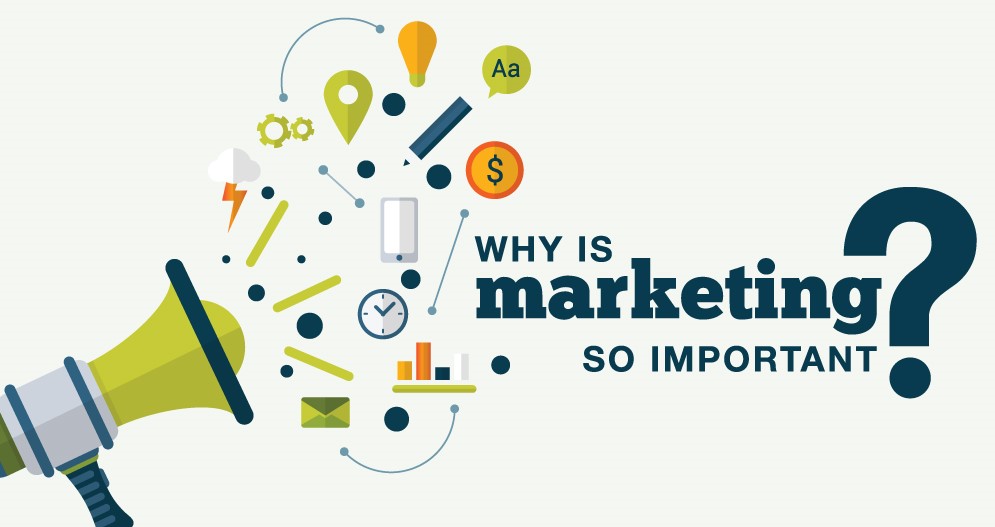What is marketing and why is it important?

Marketing is a fundamental part of any business that involves promoting and selling products or services. It’s more than just advertising or sales; it’s a complete process that begins with understanding what people want and need. Marketing helps connect businesses with their customers by identifying their desires, developing products or services that satisfy those needs, and communicating those solutions effectively. Here’s why marketing is so crucial and what it entails:
Understanding Marketing
At its core, marketing is about building relationships between a company and its customers. It begins with researching the market to understand the customer’s needs, preferences, and behavior. This research provides insights into what customers are looking for and how they make purchasing decisions. With this information, companies can tailor their products or services to better fit the market’s demands.
The Four Ps of Marketing
- Product: What you’re selling. It could be a physical item, a service, or an experience. Understanding what makes your product unique and how it meets customer needs is vital.
- Price: How much you charge for your product. Pricing strategies can vary, but the goal is to find a balance that maximizes sales while providing value to the customer.
- Place: Where and how the product is sold. This could be online, in a physical store, or through a distributor. The right placement ensures your product is accessible to your target audience.
- Promotion: How you communicate with potential customers. This includes advertising, public relations, social media, and other strategies to raise awareness and interest in your product.
Why Marketing is Important
1. Connects Businesses with Customers
Marketing helps companies understand their customers’ needs and wants. By connecting with customers on a deeper level, businesses can offer solutions that genuinely resonate with their audience. It creates a bridge between the product and the consumer, ensuring that what is being offered aligns with what the market demands.
2. Builds Brand Awareness
Marketing plays a crucial role in creating and maintaining a brand’s identity. Through consistent messaging and imagery, marketing helps establish a brand’s presence in the minds of consumers. This brand recognition leads to trust and loyalty, as people are more likely to purchase from brands they know and trust.
3. Drives Sales
One of the primary goals of marketing is to increase sales. By promoting products or services effectively, marketing encourages consumers to make purchases. Whether through compelling advertisements or engaging social media content, marketing strategies are designed to turn potential customers into paying ones.
4. Keeps Businesses Competitive
In today’s fast-paced world, staying competitive is essential for survival. Marketing keeps companies on their toes by constantly analyzing market trends and competitors’ actions. This vigilance enables businesses to adapt and innovate, ensuring they remain relevant and appealing to their target audience.
5. Fosters Customer Loyalty
Building a relationship with customers doesn’t end at the point of sale. Marketing continues to play a role in maintaining those connections through customer service, loyalty programs, and personalized experiences. Satisfied customers are more likely to return and refer others, turning them into brand advocates.
6. Educates Consumers
Marketing is also about educating consumers. By providing information about products, services, and industry trends, marketing helps consumers make informed decisions. This educational aspect builds trust and positions the brand as a thought leader in its field.
Humanizing Marketing
Marketing is not just a business function; it’s a human endeavor. At its heart, marketing is about understanding people—what they care about, what they fear, what they desire. By humanizing marketing, businesses can create genuine connections with their audience, making them feel understood and valued.
Conclusion
In summary, marketing is an essential aspect of any business strategy. It goes beyond mere selling; it involves understanding customer needs, creating value, and building lasting relationships. By focusing on the human side of marketing, businesses can foster trust, loyalty, and engagement, ensuring long-term success. Marketing is not just about pushing products; it’s about connecting with people and making their lives better through thoughtful and meaningful solutions.